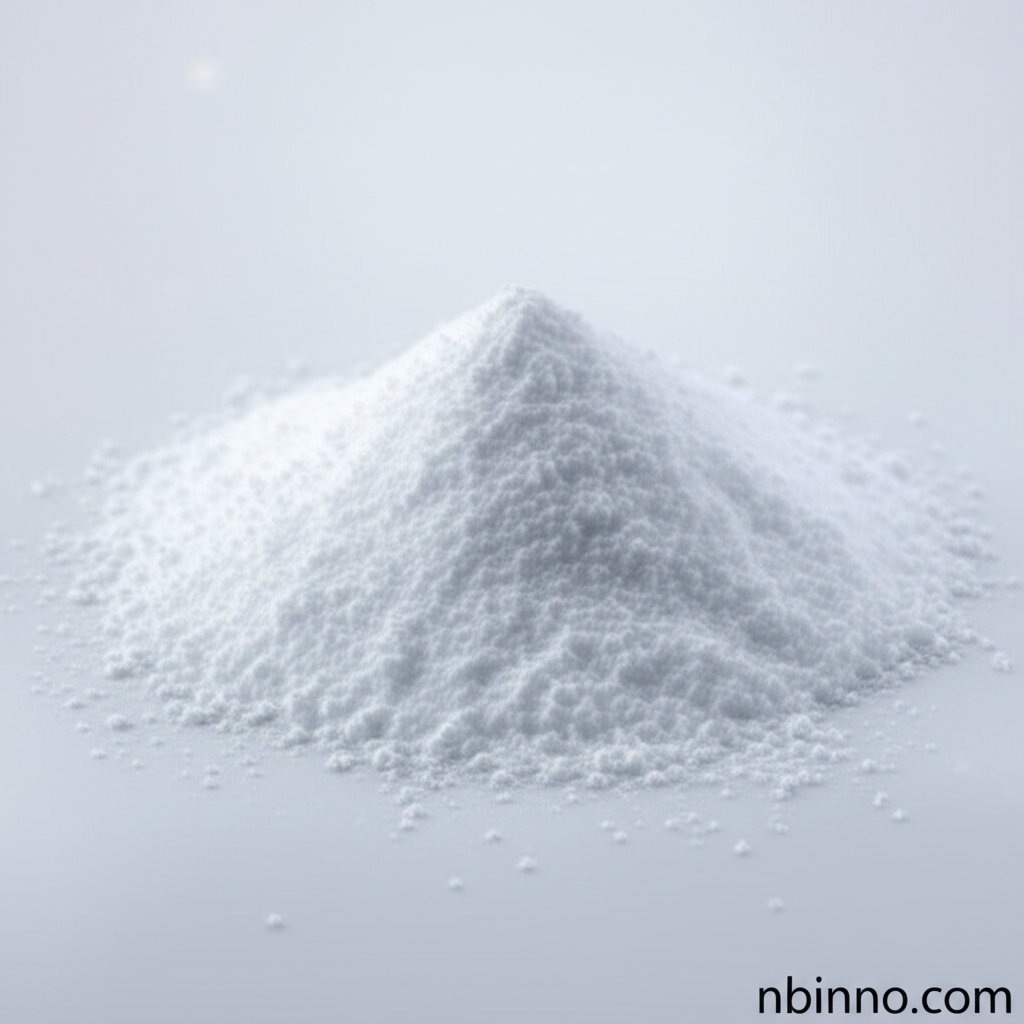Unlock the Potential of 3-Hydroxytyramine Hydrochloride
A vital compound for pharmaceutical and research applications, essential for understanding neurotransmission.
Get a Quote & SampleProduct Core Value

3-Hydroxytyramine Hydrochloride
3-Hydroxytyramine Hydrochloride, also known as Dopamine Hydrochloride, is a critical catecholamine neurotransmitter and a precursor to norepinephrine biosynthesis. It plays a pivotal role in the central nervous system, influencing mood, motor control, and cardiovascular function. Its utility spans from treating severe medical conditions to advancing neurobiological research.
- Discover the diverse applications of Dopamine Hydrochloride in treating acute shock and hypotensive states, vital for patient recovery.
- Explore how 3-Hydroxytyramine Hydrochloride is synthesized and its critical function as a central neurotransmitter in neurobiological research.
- Understand the pharmacological effects, from small doses dilating renal blood vessels to larger doses impacting cardiovascular output.
- Learn about the specific uses of Dopamine Hydrochloride in pharmaceutical development for neurodegenerative diseases like Parkinson's.
Key Advantages
Neurotransmitter Modulation
As a key neurotransmitter, its role in brain function makes it invaluable for understanding mental health disorders and developing new therapies.
Cardiovascular Support
Crucial for managing cardiovascular conditions, it aids in increasing blood pressure and cardiac output in critical shock situations.
Parkinson's Disease Treatment
Its ability to improve motor function positions it as a vital component in the treatment of Parkinson's disease.
Key Applications
Pharmaceutical Industry
Used extensively in the pharmaceutical sector for drug formulation and treatment of neurological and cardiovascular conditions.
Neuroscience Research
Serves as a fundamental tool in neuroscience for studying dopamine's role in behavior, cognition, and neurological disorders.
Shock Treatment
Indispensable in clinical settings for treating various types of shock, particularly those involving weakened cardiac contractility and renal insufficiency.
Biochemical Assays
Acts as a standard in biochemical assays, enabling accurate measurement of enzyme activities and metabolic pathways.
